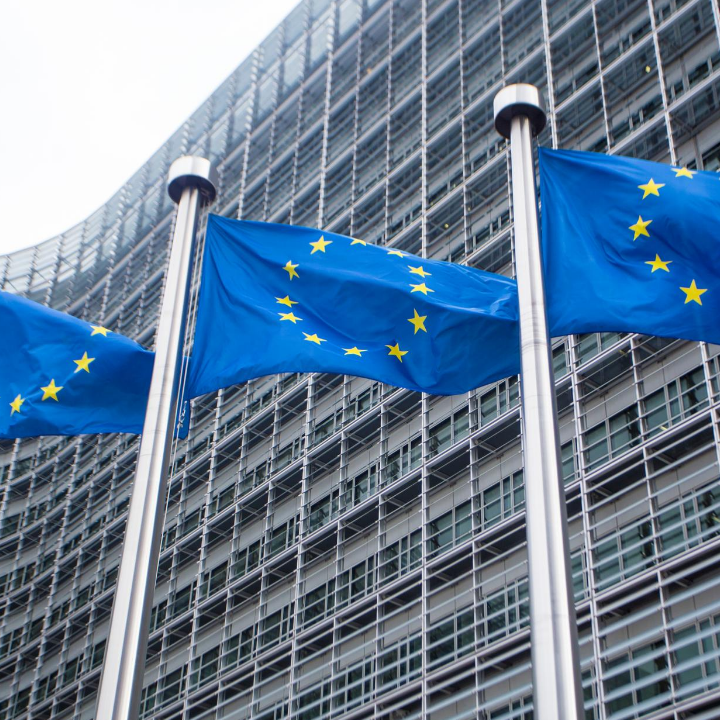Stronger winds of change: Landmark EU agreement big step towards ending corporate abuse

Photo: GoodLifeStudio, Getty Images via Canva
How Change Can End Corporate Abuse, Newsweek, 21 December 2023
Europe has made a landmark agreement to oblige big business to reduce human rights abuses and environmental harms—or face legal action. This is potentially transformative news for workers and communities worldwide, caught in abusive value chains; from fast fashion seamstresses in Bangladesh or Myanmar, to Indigenous Peoples dispossessed of their land for new energy projects, to human rights and environmental defenders in Central America, whose protest is silenced by violence. It is also good news for responsible business who supported the directive to gain a “level playing field” and stop reckless, abusive companies from undercutting them...
This seismic shift comes after 40 years of failed reliance on "voluntary" human rights and environmental action by companies...It enshrines the "risk-based" approach—companies within scope must use their brains to identify and address more severe and likely human rights and environmental risks...
It recognizes the now intimate relationship between respect for human rights and environmental regeneration. Companies' new obligation to deliver a Climate Transition Plan is momentous and essential for our times (although enforcement will be key and climate impacts should also be a civil liability risk—our planet deserves no less).
Civil liability is underpinned by imperfect, but strengthened, access to justice for victims...
[However] the directive is not perfect and contains flaws with serious consequences. The effective exclusion of financial institutions, at the behest of vested interests in key EU member states, is a missed opportunity...
[Yet] as with every major advance, it is the complementarity, and collaboration of all these diverse forces, for our shared goals, which makes this advance possible. It has taken a decade of struggle to now, and we still have further critical steps in coming years—including seeing this type of regulatory initiative replicated in other jurisdictions around the world.
//ENDS